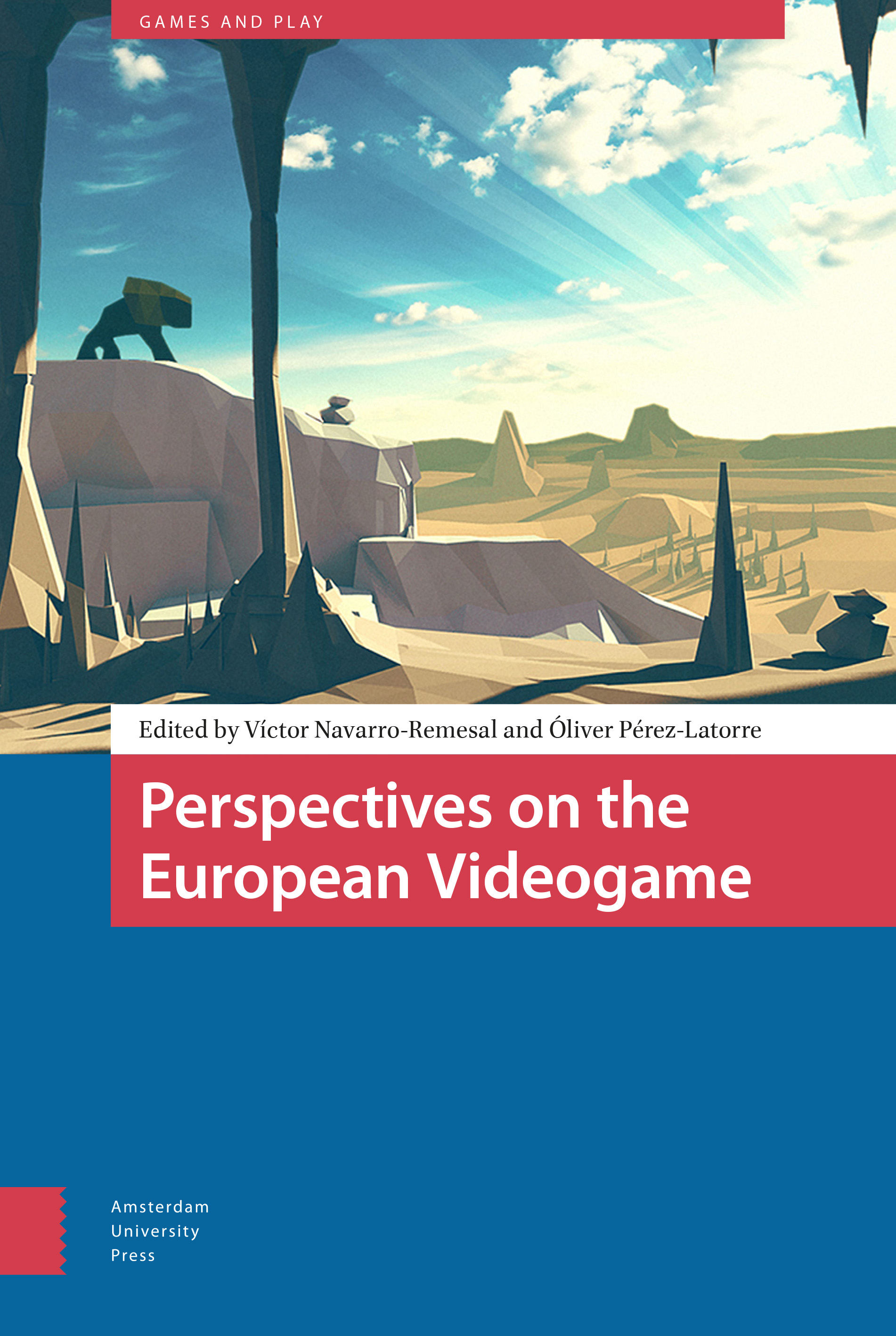Book contents
- Frontmatter
- Table of Contents
- Prologue Conflict, Negotiation, Appropriation, and Diversity: The Challenge of European Game Studies
- Introduction Euro Ludens: On the Origins, Playing Region, and Imaginaries of the European Videogame
- Part I National Stories
- Part II Transnational Approaches
- Conclusions (for now) European Videogames, Europeanness in Videogames
- Index
1 - National Games: Spanish Games of the 1980s
Published online by Cambridge University Press: 16 December 2021
- Frontmatter
- Table of Contents
- Prologue Conflict, Negotiation, Appropriation, and Diversity: The Challenge of European Game Studies
- Introduction Euro Ludens: On the Origins, Playing Region, and Imaginaries of the European Videogame
- Part I National Stories
- Part II Transnational Approaches
- Conclusions (for now) European Videogames, Europeanness in Videogames
- Index
Summary
Abstract
The period between the early 1980s and the early 1990s comprised the formative years of the videogames industry, characterised by the exploration of the medium as an aesthetic form. The works created in that period express Spanish culture in ways that are similar to what in film studies is referred to as ‘national cinema’. These games display cultural markers that indicate their national origins in ways that are not common in the games industry today, where the preference to enter global markets tends to efface national identities.
Keywords: Spain, Videogames, National Cinema, Local Game History
Introduction
The story of European videogames has been consistently sidelined in the grand narrative of digital games history (Donovan, 2010; Fernández-Vara & Foddy, 2017), although there is an increasing number of works vindicating this history, both as a general European history (Pérez-Latorre, 2013) and local histories (see for example Svelch, 2018). This chapter addresses the question as to what distinguishes Spanish videogames from other videogames of the same period, based on the concept of national games, by investigating how these works expressed their historical and cultural identities. In order to identify these cultural markers, this chapter will focus on themes expressed through audiovisual aesthetics, story premises, and mechanics. This analysis is based on a corpus that consists of titles by the main Spanish game developers of the 1980s: Indescomp, which in turn gave way to Opera Soft and Zigurat Software, and Dinamic Software and its spin-off Aventuras AD, Topo Soft, and Iber Software. The date range covered goes from 1983, with the release of Indescomp's La Pulga, often acknowledged as the first successful commercial title released outside of Spain (Meda-Calvet, 2016, p. 14), and ends in 1992, with the last game published by Aventuras AD, Chichen Izá. This corpus of 238 titles includes a variety of genres, from platformers to shooters, from sports simulations to text adventures, amongst others.
Defining national games
The main challenge of this chapter is to define what national games are, based on the concept of national cinema in film studies, since national cinema is already a contentious term. What nation(al) is can be defined politically, culturally, and historically.
- Type
- Chapter
- Information
- Perspectives on the European Videogame , pp. 39 - 58Publisher: Amsterdam University PressPrint publication year: 2021



